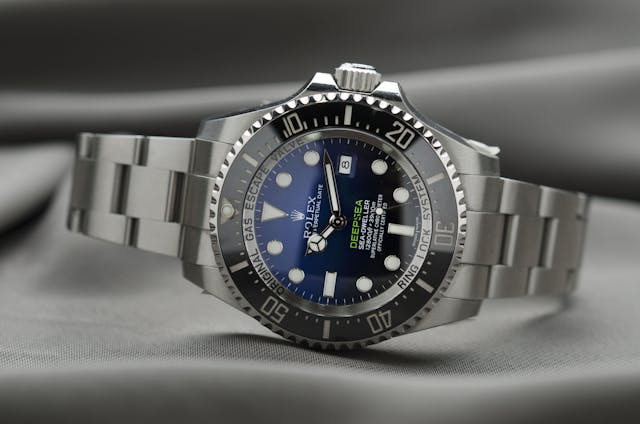Japan is renowned for its high-quality, performance-driven vehicles. Car enthusiasts and collectors worldwide often seek to import these vehicles for their unique style, advanced technology, and reliable engineering. But how much does it cost to import a car from Japan? This article breaks down the various expenses associated with importing a Japanese car, from shipping fees to import duties.
Understanding the Cost Factors
Before diving into the specifics, it’s important to understand the various factors that will influence the total cost of importing a car from Japan.
Vehicle Price
The price of the vehicle itself can vary greatly depending on whether it’s new, used, a classic car, or a rare model. This will form the base of your total import cost.
Shipping Costs
Shipping costs can fluctuate based on the method of shipping (container or roll-on/roll-off), the size of the vehicle, and the distance between Japanese ports and your local port.
Import Duties and Taxes
Most countries charge a percentage of the vehicle’s value as an import duty, along with other taxes that can apply depending on the destination country’s regulations.
Compliance and Modification Costs
Depending on your country’s regulations, the imported car may need modifications to comply with safety and emissions standards.
Insurance and Inspection Fees
Insurance during shipping and inspection fees upon arrival are additional costs that must be considered.
Agent and Broker Fees
Hiring an agent or broker to handle the import process can ease the workload but adds to the overall cost.
Currency Exchange Rates
The currency exchange rate between your country’s currency and the Japanese yen can also affect the total cost.
Shipping Costs Explained
Shipping is often the first significant cost that potential importers think of when calculating the price to bring a car from Japan.
Container vs. Roll-On/Roll-Off (RoRo)
There are two main methods for shipping vehicles internationally: container shipping and Roll-On/Roll-Off.
Container shipping tends to be more expensive but offers greater protection for the vehicle during transit. It also provides the option to ship personal items along with the car. RoRo, on the other hand, is typically more cost-effective and is akin to parking the vehicle on a large ferry.
Distance and Shipping Routes
Shipping costs also depend on the distance and specific routes taken to reach your local port. Common routes from Japan to the United States, for example, will be less expensive than less common routes to other countries due to higher traffic and established logistics.

Import Duties and Taxes
Import duties and taxes are unavoidable when importing a car from Japan. These fees are determined by your country’s customs authority and are typically calculated as a percentage of the car’s value.
United States
For instance, in the United States, the import duty for cars is generally 2.5% of the vehicle’s value, while trucks are taxed at 25%.
European Union
In the European Union, the import duty is 10% for vehicles, with Value Added Tax (VAT) also applicable, varying from country to country.
Other Countries
Each country has its own set of rules and rates, so it’s crucial to research your specific country’s fees.
Compliance and Modification Costs
Safety and Emissions Standards
Many countries have strict safety and emissions regulations that imported vehicles must meet. This may require modifications, which can be costly depending on the vehicle and the extent of the changes needed.
Compliance Testing
In some cases, imported cars must undergo compliance testing to ensure they meet local standards, adding to the overall cost.
Additional Fees
Insurance and Inspection Fees
Insurance during transit is highly recommended to protect your investment. Once the car arrives, it will need to be inspected before it can be legally driven, which will incur additional fees.
Agent and Broker Fees
Using an agent or broker can simplify the import process, especially if you’re unfamiliar with the regulations and paperwork involved. However, their services will add to the total cost.
Registration and Licensing
Once the car has arrived and passed inspection, you’ll need to register it and obtain license plates, which involves more fees.
Calculating Your Total Cost
To calculate the total cost of importing a car from Japan, you must add up all the individual expenses mentioned above. Here’s a basic formula to get a rough estimate:
Total Cost = Vehicle Price + Shipping Costs + Import Duties and Taxes + Compliance and Modification Costs + Insurance and Inspection Fees + Agent and Broker Fees + Registration and Licensing
Real-World Examples
Let’s look at a couple of hypothetical scenarios to illustrate the potential costs of importing a car from Japan.
Example 1: Importing a Used Car to the USA
For a used car priced at $15,000, with shipping costs of $2,000, import duty at 2.5% ($375), and other fees (insurance, inspection, compliance, agent fees, registration) totaling $1,500, the total cost would be approximately $18,875.
Example 2: Importing a Classic Car to the UK
A classic car with a purchase price of £20,000, shipping costs of £3,000, import duty and VAT (10% + 20% on the total of car price and shipping, equating to £5,600), and additional fees of £2,000 would have a total cost of around £30,600.
Tips for Reducing Import Costs
Compare Shipping Quotes
Obtain quotes from multiple shipping companies to find the best deal.
Consider the Timing
Shipping rates can vary throughout the year. If your purchase isn’t urgent, wait for a lower rate.
Handle Some Tasks Yourself
If you’re comfortable with the process, you can handle some of the import tasks yourself to save on agent fees.
Choose Your Car Wisely
Select a car that will require minimal modifications to comply with your country’s standards.
Monitor Exchange Rates
Plan your purchase when your currency is strong against the Japanese yen to get more value for your money.
Conclusion
Importing a car from Japan can be a rewarding process, but it’s essential to be aware of all the costs involved. By understanding each element of the importation process and doing thorough research, you can make informed decisions and potentially save money. Whether you’re after a high-performance sports car or a vintage classic, knowing the costs upfront will help ensure a smoother import experience and no surprises along the way.





























